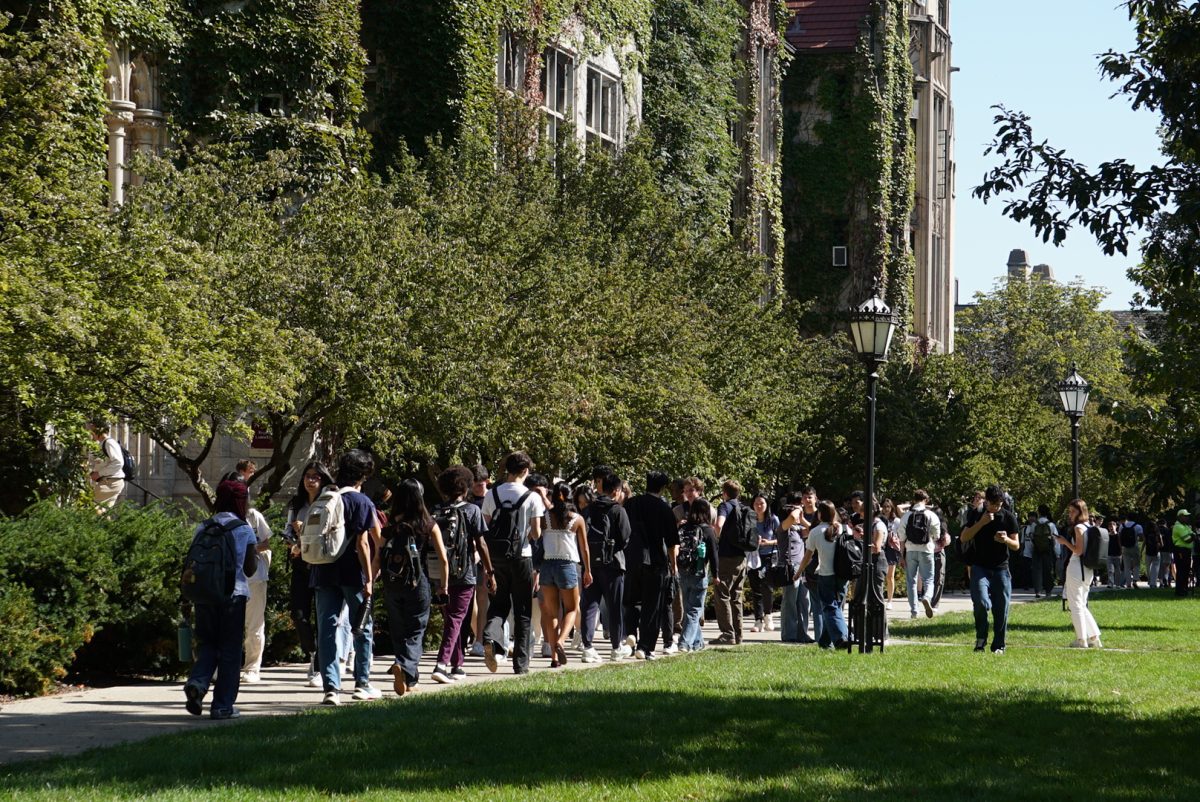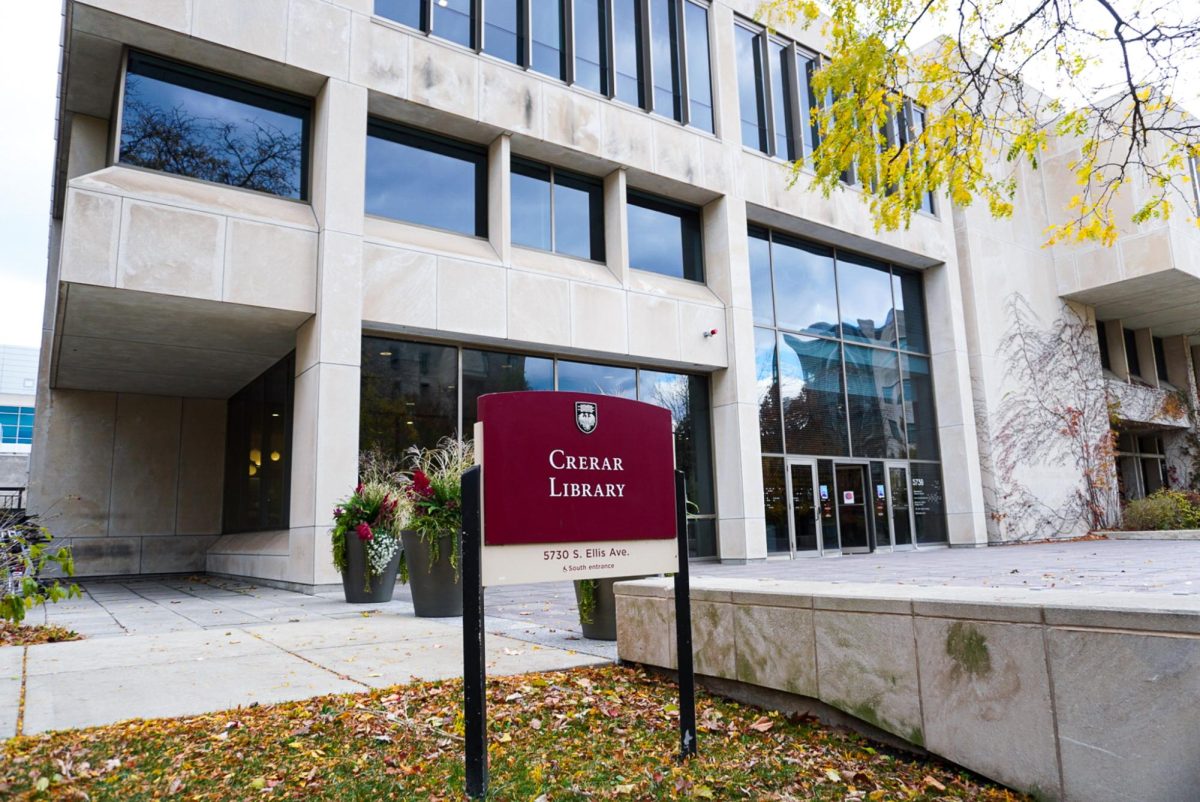For the longest time, I couldn’t understand why I wrote him so many letters. I realized, eventually, that it was because I felt substantively different interacting with him—even if it were only in writing—from how I felt when I was interacting with anyone else. My interests and experiences hadn’t changed, yet I felt like a more engaging, more dynamic human being when I was expressing myself to him. I adored this newfound sense of well-being so much that I wrote frequently, so much so that I even began to feel guilty. I began to question whether or not I should continue our correspondence. Surely I was simply writing to him to abscond into the reality he thought I lived in, rather than facing up to the fact that I am shy and inhibited in my “real life.”
Anyone who has taken Classics or HBC will recall a few of the questions raised by Aristotle vis-a-vis the development of presence, or even Machiavelli vis-a-vis the characteristics of a leader. We leave class asking one another, “How does one get that princely quality of charisma?”
This is not to rile up the political schemers out there with the promise of a breakthrough, but rather, it is an observation. About those explosive combinations of people: Perhaps they’ve just met, perhaps they’ve known each other since second grade. Either way, it becomes apparent in 30 seconds flat. Each one provides an audience for some of the best—and sometimes some of the best hidden—qualities in the other. To put it bluntly—and you know you’ve seen them. These explosive interactions are the kind that affect obscene amounts of charisma in people you thought were cool, but, “Wow.” Even people who sparkled before seem to be set aflame.
What are we as opposed to those “set aflame,” who, according to the logic delineated above, are just hiding from their “real,” less witty, less dynamic selves? Should we tell them that, in real life, they aren’t as charismatic so they should avoid anything or anyone that make them seem as such? If we felt like being mean-spirited we might, but we would be telling a lie. Explosive interactions don’t create new qualities—they simply bring to light the stellar ones that were already there.
So perhaps “real life”—one’s phenomenological reality, if you will—is more fluid than we think. Perhaps we all have some form of that charisma, somewhere, waiting for people who speak our language to help us interpret that which we have possessed inside of us all along. Our friends imagine our reality for us; they safeguard our memories, helping us to create our futures. Perhaps, one may argue, it is not only guilt-free but also essential that we seek out and maintain interactions with those who view our personal realities in such a way as to make us feel dynamic. Because, while being grounded is sometimes helpful, what’s even more vital is the discovery of wavelengths in which we are understood as individuals. We choose our realities, and we have a responsibility to choose them well. We’re not hiding from anything by engaging those who make us feel dynamic but, rather, acting upon that which, I daresay, is a moral imperative. Suffice to say, I have continued to correspond with him. I have accepted our cross-continental correspondence as a cornerstone of my real life.






